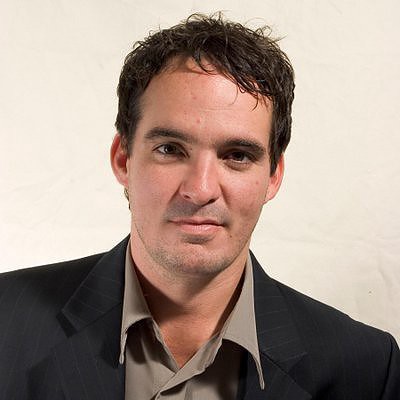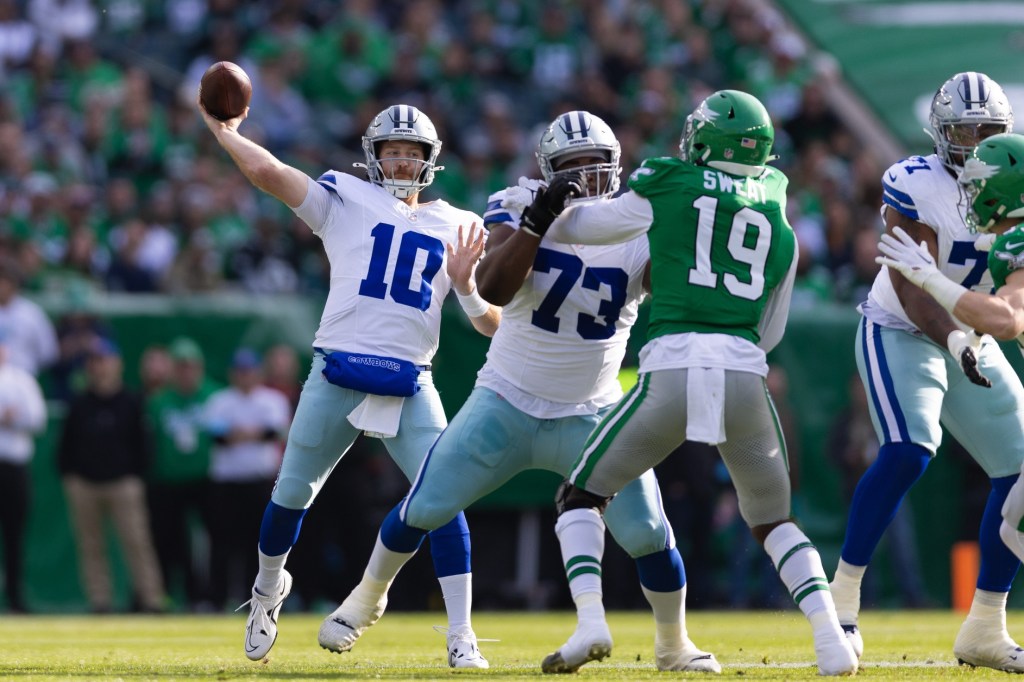By: Adam White, @FOSAdam

Front Office Sports is proud to have sat down with Jacob Turnage, Co-Founder of EB Corporate Sports Marketing. Jacob, an alumnus of Loyola University, graduated with a Bachelor’s degree in Business Administration Management and Marketing. A 15-year veteran of the sports industry, Jacob’s company, EB Corporate Sports Marketing is currently flourishing despite the recession that hit a few years ago. Jacob was gracious enough to give us his time and insight on several key issues, including the importance of having a resume, why networking is crucial and how having thick skin is imperative in the sports industry.
Could you tell us a little bit about what EB Corporate Sports Marketing is and what your mission is?
Speaking in high terms, it was easy to see that Jacob was proud of his company; he said, “We specialize in high-end corporate hospitality at some of the major sporting events in the United States. We help the corporations with booking hotels, getting the best tickets to the games and VIP parties through our connections with our various contacts.” Although working high-end events are great, he made sure to mention the fact that what they do doesn’t only occur at the professional level, but also at the collegiate level; he explained, “We also specialize in working with college alumni groups and even the governing bodies themselves.”
What do you like to see on an applicants’ resume?
It was very apparent that he didn’t like to see the average “cookie cutter” resume. He is more interested in something that makes one candidate stand out from all the others; for example, Jacob said, “I like to see something that sets them apart; I was lucky enough to have gotten my foot in the door because I played baseball in college and I included that in my resume under skills and activities.” Attributing the fact that he got his big break because of what he included in his resume, he made sure to stress to the students how important it is to have a good resume. He explained, “What really got me in the door was my resume, and if you have something that is different, I suggest putting it on there, because anything that can catch their eyes gives you a better chance of being called back.”
What is the average day like for a person in your position?
Like all others in the sports industry, no two days are ever the same. However, Jacob gave us a summary of a typical workday by saying, “My day starts with a meeting in the morning with my sales staff. We go over how we are going to approach the customers that we are talking to that day. The rest of the day is building my pipeline by constantly researching, marketing, networking and selling all day long.” The days are long and require a lot of hours, but if you want to excel in sports, you have to be willing to put the effort in.
What is one question you like to ask during an interview?
We asked Jacob this with the desire of better understanding the types of questions potential employers ask job candidates; Jacob responded, “There isn’t one specific question I always ask, as I am pretty blunt with the candidates, but one question I do like asking is ‘Do you have thick skin? Are you persistent?” He went on to explain why he loves this question, saying, “Having thick skin is absolutely crucial in the industry today and its amazing how many no’s you get from people, but it helps to weed out candidates.”
What is your favorite part about working in the sports industry?
Like many others, Jacob stressed the fact that he loves what he does and how that has a positive impact when working by saying, “Doing something I love for a living is why I love working in sports. I tried working with an Internet business out of college, but that didn’t work. I eventually got an offer to work in sports and I took it because it was something I had a passion for and something I knew that I would be good at it.” When choosing your career, make sure you find something you have a passion for, because if you do, you won’t ever have to “work” a day in your life.
How important is networking?
Taking a different approach to this question, Jacob stressed that just because you have competitors doesn’t mean you can’t network with them; he said, “If you ever stop networking, you’re going to go out of business. I go to conferences as much as I can to meet face to face with my competitors to see if we can work together and not step on each other’s toes.”
How do you balance your work and home life?
Having a wife, Jacob knows how important it is to balance work and home life. He made sure to stress delegation by saying, “Knowing who to give certain responsibilities to and knowing people’s strengths and weaknesses makes it easier for me to assign things to do so I don’t have so much on my plate.” Even if you like to be in control, you have to find things to let go of, or you will have to make more sacrifices than necessary.
Parting wisdom?
“When things seem bleak, always keep your feet moving. Never dwell in the past. It is important to realize what goes wrong and assess it, but you have to move forward. When my business got thrown into the recession, instead of calling it a day and packing it in, I kept my feet moving and did a lot of work with SEO’s and partners, so when we came out of that recession, we were going to be stronger than before.”

















